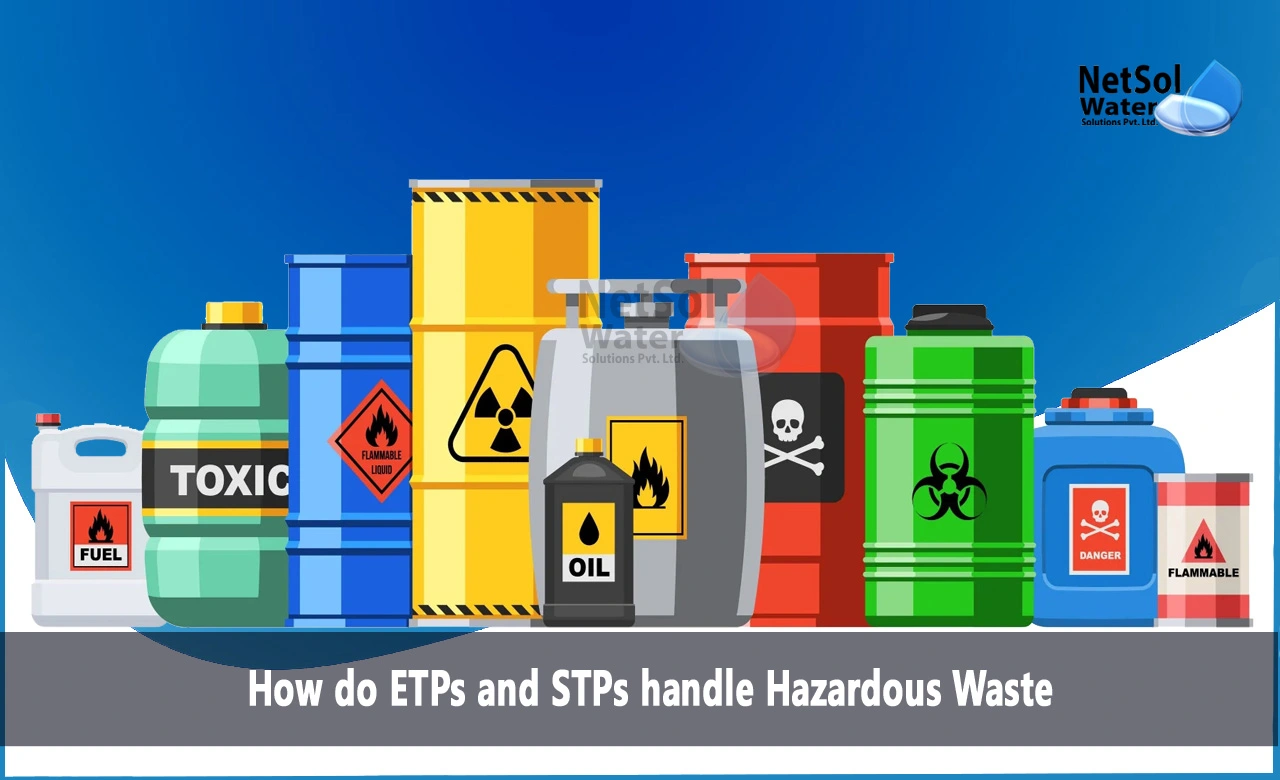Effluent Treatment Plants (ETPs) and Sewage Treatment Plants (STPs) are instrumental in treating wastewater, making it safe for launch into the environment. While their primary attention is on domestic and business wastewater, these centres additionally have a vital position to play in coping with hazardous waste. In this blog, we can discover how ETPs and STPs control unsafe waste and contribute to more secure, excellent, sustainable surroundings.
Understanding Hazardous Waste
Hazardous waste is an extensive category that consists of materials that, if not appropriately managed, can pose a danger to human fitness, the environment, or both. Common examples of dangerous waste encompass chemicals, heavy metals, and poisonous substances. These materials can find their manner into wastewater through diverse business strategies, making their remedy and disposal a critical situation.
How do ETPs and STPs handle Hazardous Waste?
1. Pretreatment and Source Control
One of the number one strategies used in ETPs and STPs to manipulate unsafe waste is through source manipulation. Industries are advocated to enforce practices and technologies that reduce the advent of hazardous substances into wastewater. This may be finished via the proper segregation of waste streams, progressed manufacturing techniques, and the usage of less harmful chemical compounds.
2. Screening and Separation
ETPs and STPs generally have mechanisms to display screens and separate solid waste from liquid waste. This step allows for the elimination of large debris or materials which could comprise dangerous materials. In some instances, additional treatment techniques are necessary to address the hazardous additives.
3. Chemical Treatment
ETPs, particularly the ones serving business areas, regularly appoint chemical remedy tactics to neutralise or precipitate hazardous materials in the wastewater. This can involve the addition of chemical substances that react with the unsafe waste to shape much less dangerous compounds that can be appropriately eliminated.
4. Biological Treatment
STPs, in general, focus on home wastewater but may still receive strains of dangerous materials. Biological remedy methods, which use microorganisms to interrupt natural matter, can also help degrade certain hazardous waste constituents.
5. Adsorption and Filtration
In many instances, ETPs and STPs use adsorption and filtration strategies to capture hazardous substances. Adsorbents like activated carbon or special filter media can lure chemical compounds and heavy metals, successfully removing them from the water.
6. Sludge Management
Hazardous waste can be collected inside the sludge produced at some point in the treatment method. ETPs and STPs usually have measures in location to manipulate sludge containing hazardous substances. This may includespecialised dewatering, treatment, or disposal methods that meet regulatory requirements.
7. Compliance and Reporting
Regulatory compliance is paramount in handling risky waste. ETPs and STPs must adhere to local, country-wide, and global regulations governing the control of dangerous substances. The submission consists of correct reporting of hazardous waste disposal, making sure it's properly handled and managed according to requirements.
Conclusion
Effluent Treatment Plants (ETPs) and Sewage Treatment Plants (STPs) play a crucial position in handling risky waste inside the context of wastewater treatment. By using various remedy methods, source manipulation, and adhering to strict policies, those centres help make sure that hazardous waste is effectively dealt with and does no longer damage the environment or public fitness. Proper control of dangerous waste inside ETPs and STPs is a testament to their commitment to sustainable and accountable wastewater remedy, contributing to a safer and healthier world for all.
Netsol Water is Greater Noida-based leading water & wastewater treatment plant manufacturer. We are industry's most demanding company based on client review and work quality. We are known as best commercial RO plant manufacturers, industrial RO plant manufacturer, sewage treatment plant manufacturer, Water Softener Plant Manufacturers and effluent treatment plant manufacturers. Apart from this 24x7 customer support is our USP. Call on +91-9650608473, or write us at enquiry@netsolwater.com for any support, inquiry or product-purchase related query.



